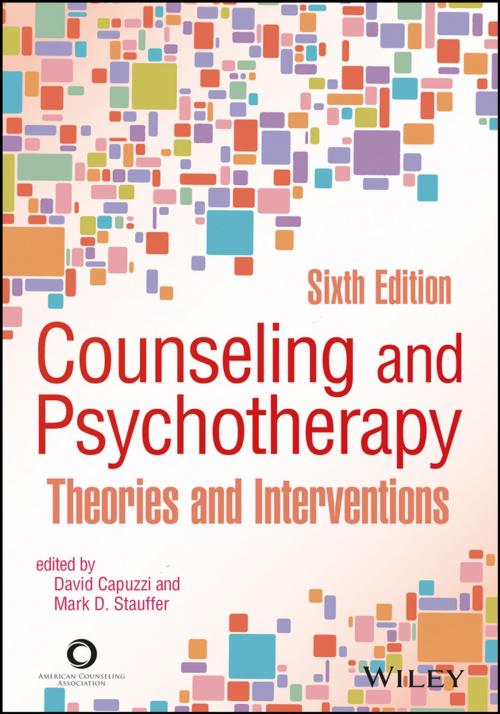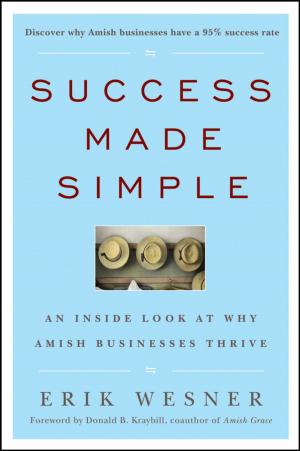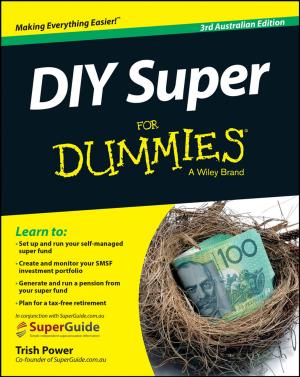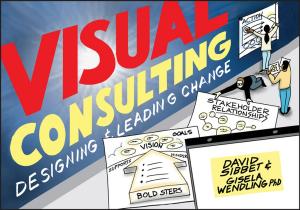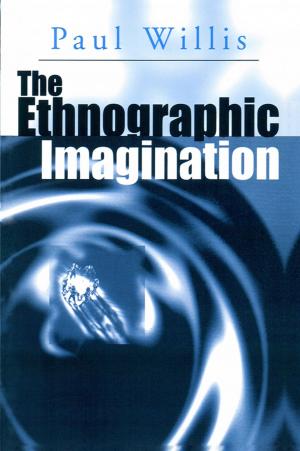Counseling and Psychotherapy
Theories and Interventions
Nonfiction, Health & Well Being, Psychology, Psychotherapy| Author: | David Capuzzi, Mark D. Stauffer | ISBN: | 9781119292005 |
| Publisher: | Wiley | Publication: | March 24, 2016 |
| Imprint: | American Counseling Association | Language: | English |
| Author: | David Capuzzi, Mark D. Stauffer |
| ISBN: | 9781119292005 |
| Publisher: | Wiley |
| Publication: | March 24, 2016 |
| Imprint: | American Counseling Association |
| Language: | English |
Featuring important theories and trends not covered in other foundational texts, this book is designed to equip the next generation of counselors with the tools they need for understanding the core dimensions of the helping relationship. Topical experts provide contemporary information and insight on the following theories: psychoanalytic, Jungian, Adlerian, existential, person-centered, Gestalt, cognitive behavior, dialectical behavior, rational emotive behavior, reality therapy/choice theory, family, feminist, transpersonal, and—new to this edition—solution-focused and narrative therapies, as well as creative approaches to counseling. Each theory is discussed from the perspective of historical background, human nature, major constructs, applications, the change process, traditional and brief intervention strategies, cross-cultural considerations, and limitations. The use of a consistent case study across chapters reinforces the differences between theories.
*Requests for digital versions from the ACA can be found on wiley.com.
*To request print copies, please visit the ACA website here.
*Reproduction requests for material from books published by ACA should be directed to permissions@counseling.org
Featuring important theories and trends not covered in other foundational texts, this book is designed to equip the next generation of counselors with the tools they need for understanding the core dimensions of the helping relationship. Topical experts provide contemporary information and insight on the following theories: psychoanalytic, Jungian, Adlerian, existential, person-centered, Gestalt, cognitive behavior, dialectical behavior, rational emotive behavior, reality therapy/choice theory, family, feminist, transpersonal, and—new to this edition—solution-focused and narrative therapies, as well as creative approaches to counseling. Each theory is discussed from the perspective of historical background, human nature, major constructs, applications, the change process, traditional and brief intervention strategies, cross-cultural considerations, and limitations. The use of a consistent case study across chapters reinforces the differences between theories.
*Requests for digital versions from the ACA can be found on wiley.com.
*To request print copies, please visit the ACA website here.
*Reproduction requests for material from books published by ACA should be directed to permissions@counseling.org
